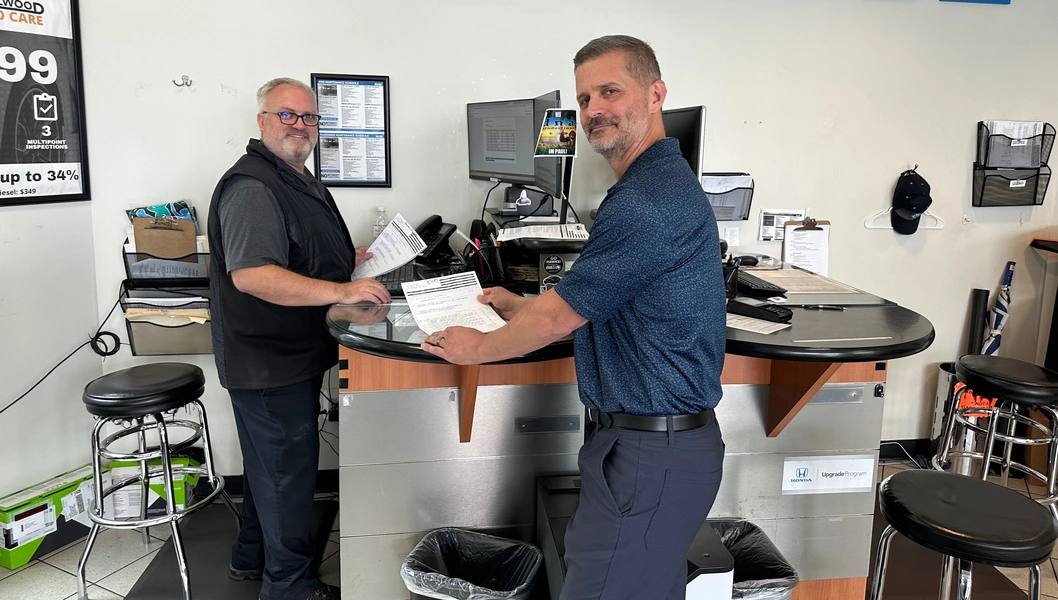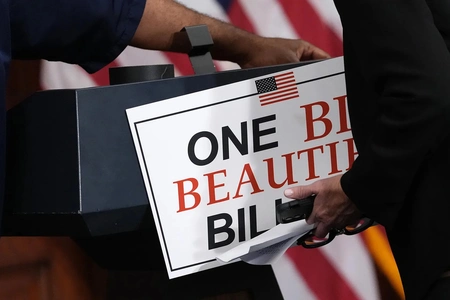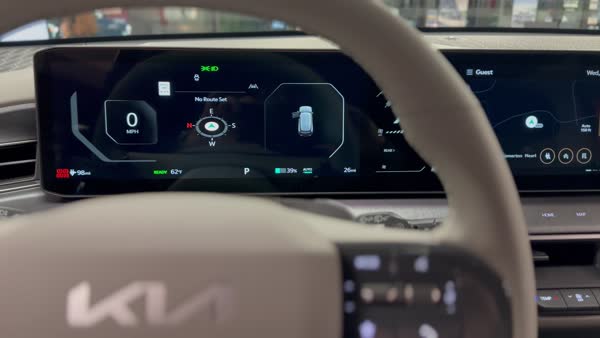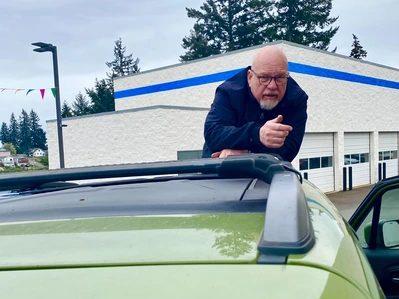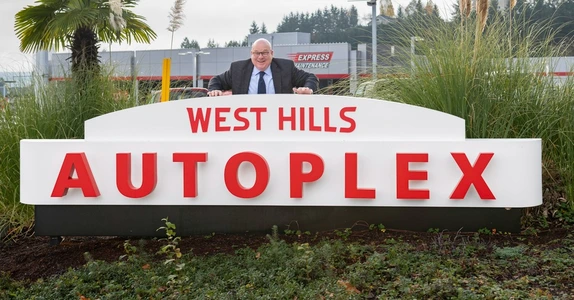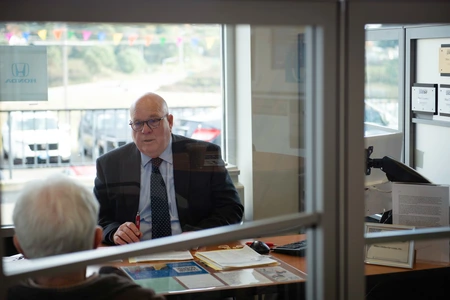Repair bills are skyrocketing—find out why, and what smart Kitsap drivers are doing instead.
If your most recent repair quote made your jaw drop, you’re not alone. More and more car owners in Kitsap County—especially in Bremerton, Silverdale, and Port Orchard—are discovering just how expensive it’s become to keep an older vehicle on the road.
You might assume tariffs are to blame for rising new car prices, but the real impact of tariffs has landed somewhere else: the repair shop. The cost of replacement parts—especially those made overseas—has quietly climbed due to trade restrictions, material shortages, and increased freight costs.
In May 2024, KOMO News reported, “Repair costs in the Puget Sound region have climbed 35–50% in the last two years, largely due to parts shortages, higher labor rates, and tariff-driven import costs. For many families, those costs now rival the down payment on a new car.”
That’s no exaggeration. I’ve seen it firsthand. A customer brings in a vehicle needing a new bumper sensor, only to find it’ll cost $1,800 once parts and calibration are included. A cracked infotainment screen? That’s $2,500. And catalytic converters on hybrid SUVs? Easily $3,000 or more.
These aren’t luxury vehicles we’re talking about—just everyday cars with everyday wear and tear.
Now here’s the tough question: if your car is already past its prime, is it really worth spending $3,000 to $5,000 to keep it going?
For many in Kitsap County, the answer is shifting. That same money could go toward a newer, safer, more reliable vehicle with full warranty protection—and in many cases, lower monthly costs than you’d think.
At West Hills Autoplex, I work with drivers from all over the area who are weighing these decisions. Whether you’re commuting to Bangor, shopping with the family across Silverdale, or making daily runs around Port Orchard, I understand the balance between budget, safety, and practicality.
Sometimes it does make sense to fix the car you’ve got. But if repair costs keep creeping upward—and reliability keeps dipping—it might be time for something better.
As one analyst from Edmunds put it earlier this year, “Consumers don’t realize how quickly repair bills add up until it’s too late. Tariffs and inflation hit the parts supply chain hardest—not showroom sticker prices.”
If you’re staring down a steep repair estimate, don’t make the decision alone. Come see me. I’ll walk you through your options—no pressure, just straight answers.
Need a car? Ask for Mike.
Let’s make your next move a smart one.


